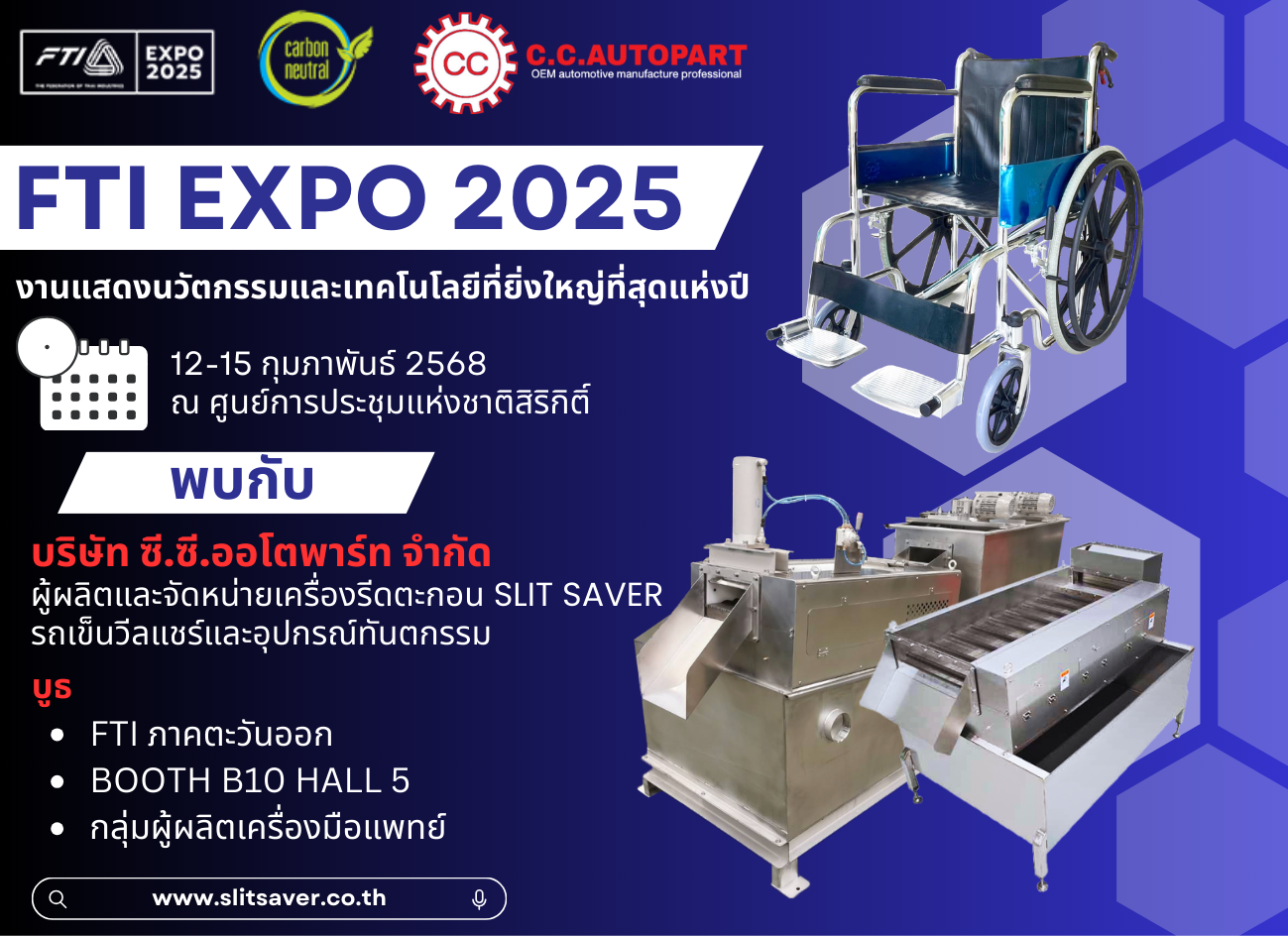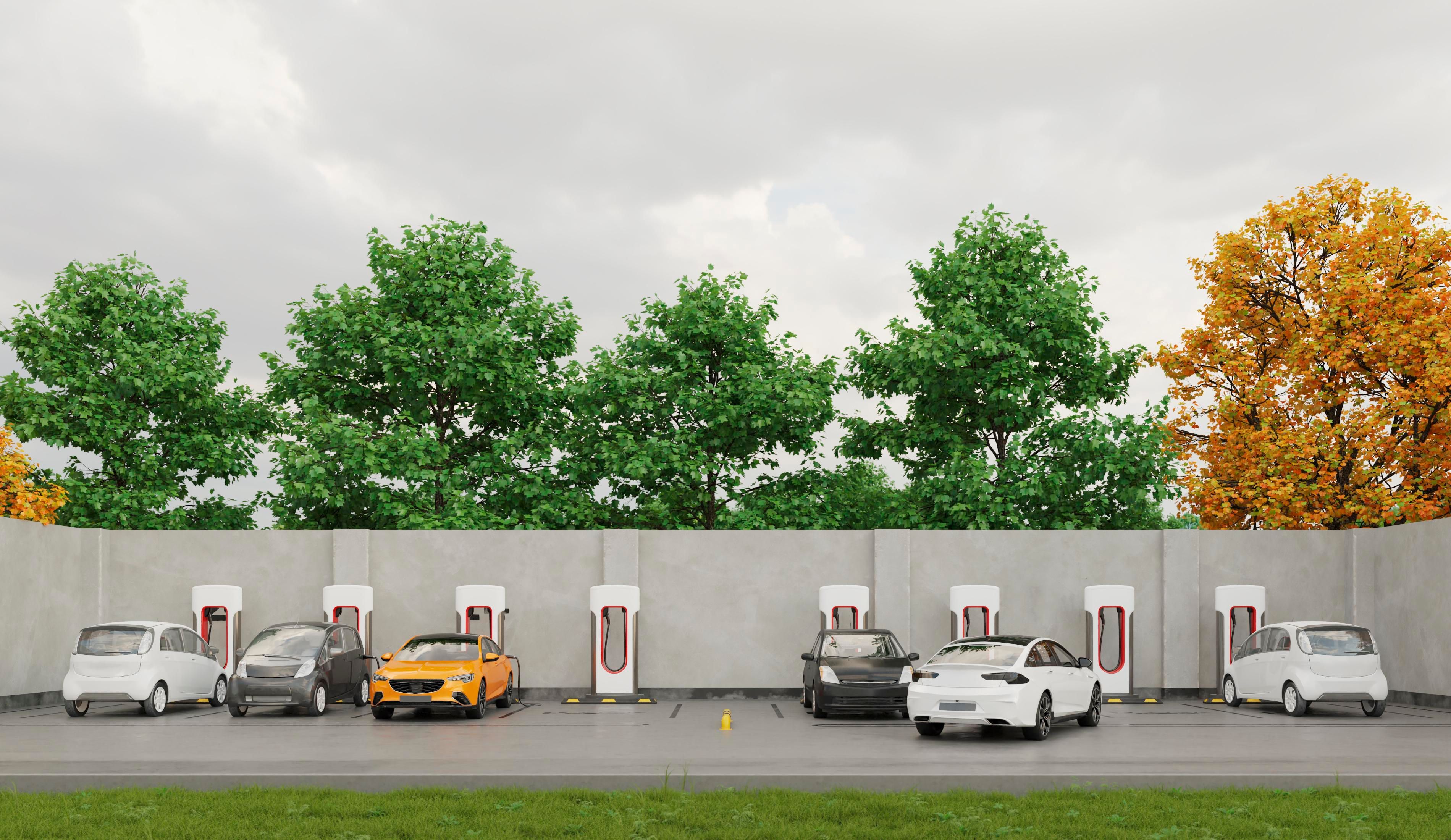Deep dive into the “trends of change” in the future of the Thai automotive industry
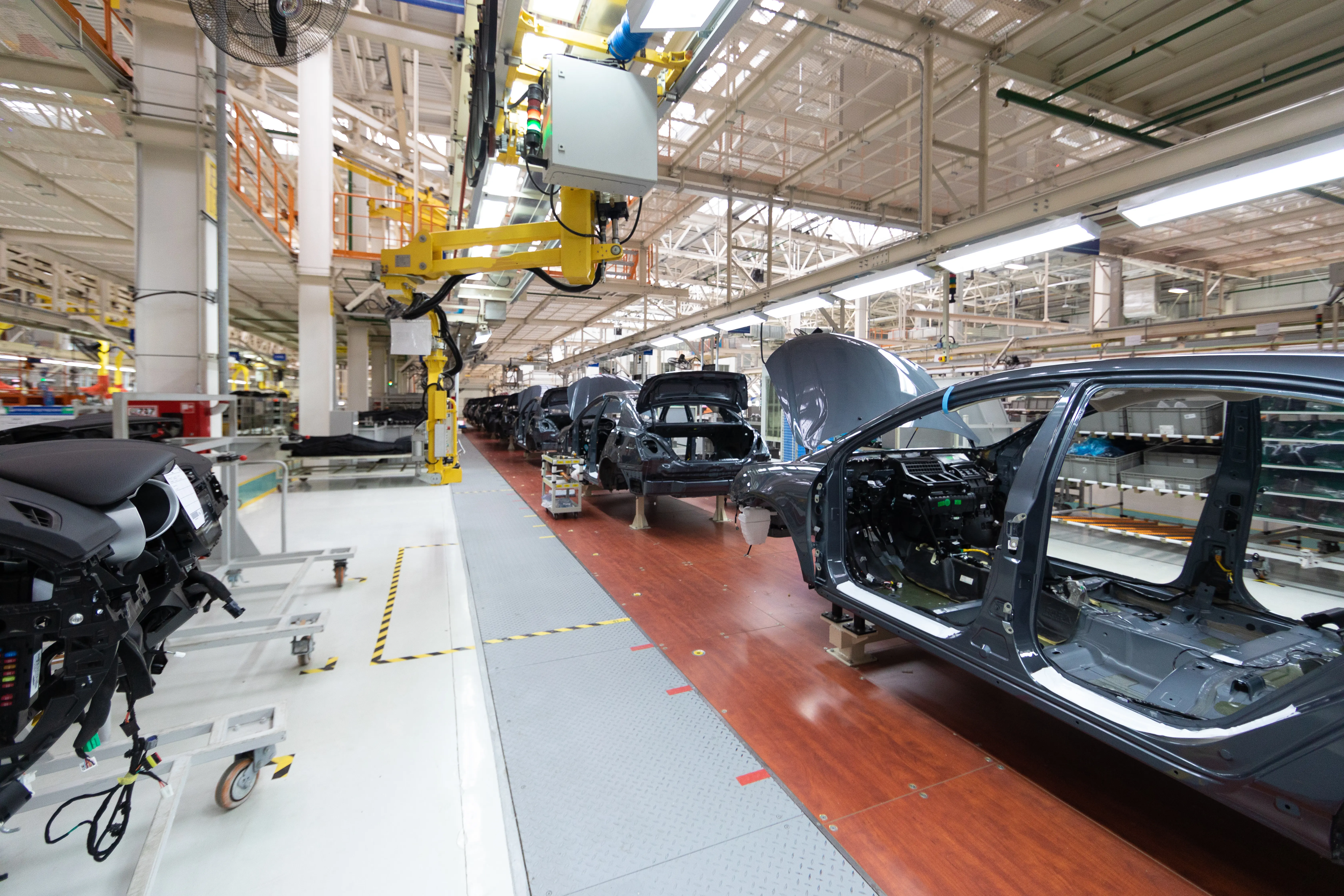
In the Asian region, it would not be wrong to say that Thailand is the “leading automotive production center” of the Asian region. This is because over the past several years, the Thai automotive industry has been developing, improving, and adapting all the time. It has also received many investment opportunities from foreign investors, so throughout the past, the situation and trends of the Thai automotive industry seem to be going in a good direction all the time.
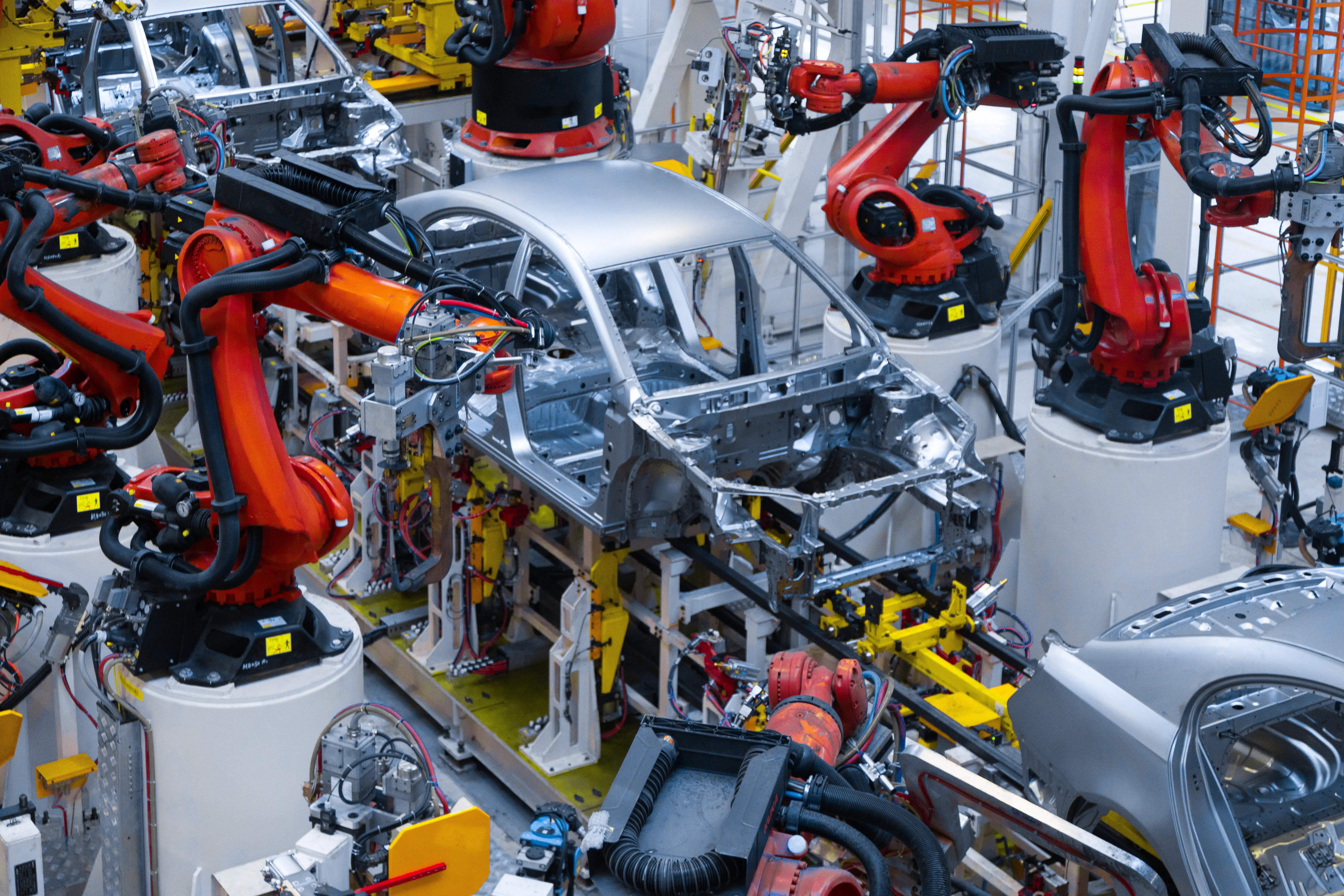
But when considering the current situation where the automotive industry is constantly changing, whether it is the role of electric vehicles, increased international competition, and many other factors, at this time we cannot predict what direction the future trends of the Thai automotive industry will take.
In this article, C.C.Autopart, a leading manufacturer and distributor of automotive spare parts in the country, who constantly follows and updates news about the future of the Thai automotive industry, would like to take everyone to observe and explore the trends of changes in the Thai automotive industry in the future as far as we can predict at this time.
The advent of electric and hybrid vehicles
In the past 1-2 years, if we take a good look at the models of cars on the road, it is not difficult to notice that currently electric vehicles (EVs) and hybrid cars have become more popular and the number of drivers has increased. Therefore, we can predict that in the future, it is highly possible that internal combustion engine vehicles (ICEs) will be replaced by electric and hybrid cars. In many countries, the production rate of ICE cars is currently decreasing.
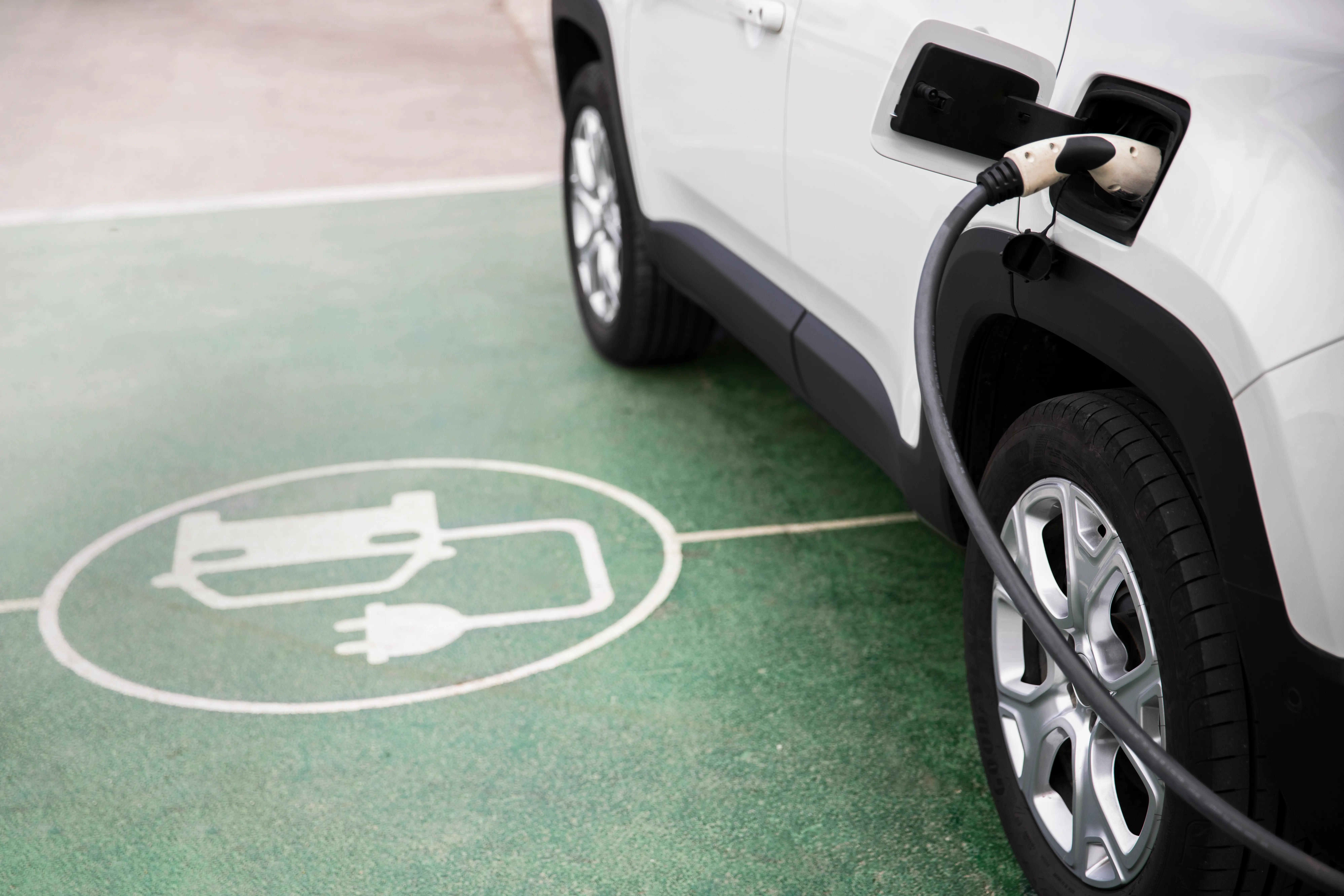
For example, the number of cars sold in Norway in May 2023 showed that 81% of the cars on the road were EVs. Thailand is not far behind, as the proportion of EVs increased from January to May by 24,106 units. As a result of the increase in the proportion of EVs, the growth rate of the ecosystem that supports the EV market has also increased, such as the production of automotive parts that support EVs, electricity generation, or carbon reduction laws that encourage people in many countries to switch to EVs instead of cars that use gasoline.
Changes in the automotive industry
Thailand has been an important production base for many Japanese car manufacturers for many years, giving the country an advantage in terms of ecosystem. However, due to changes in the automotive industry in America, China, and Europe, the automotive industry in Thailand has also been affected.
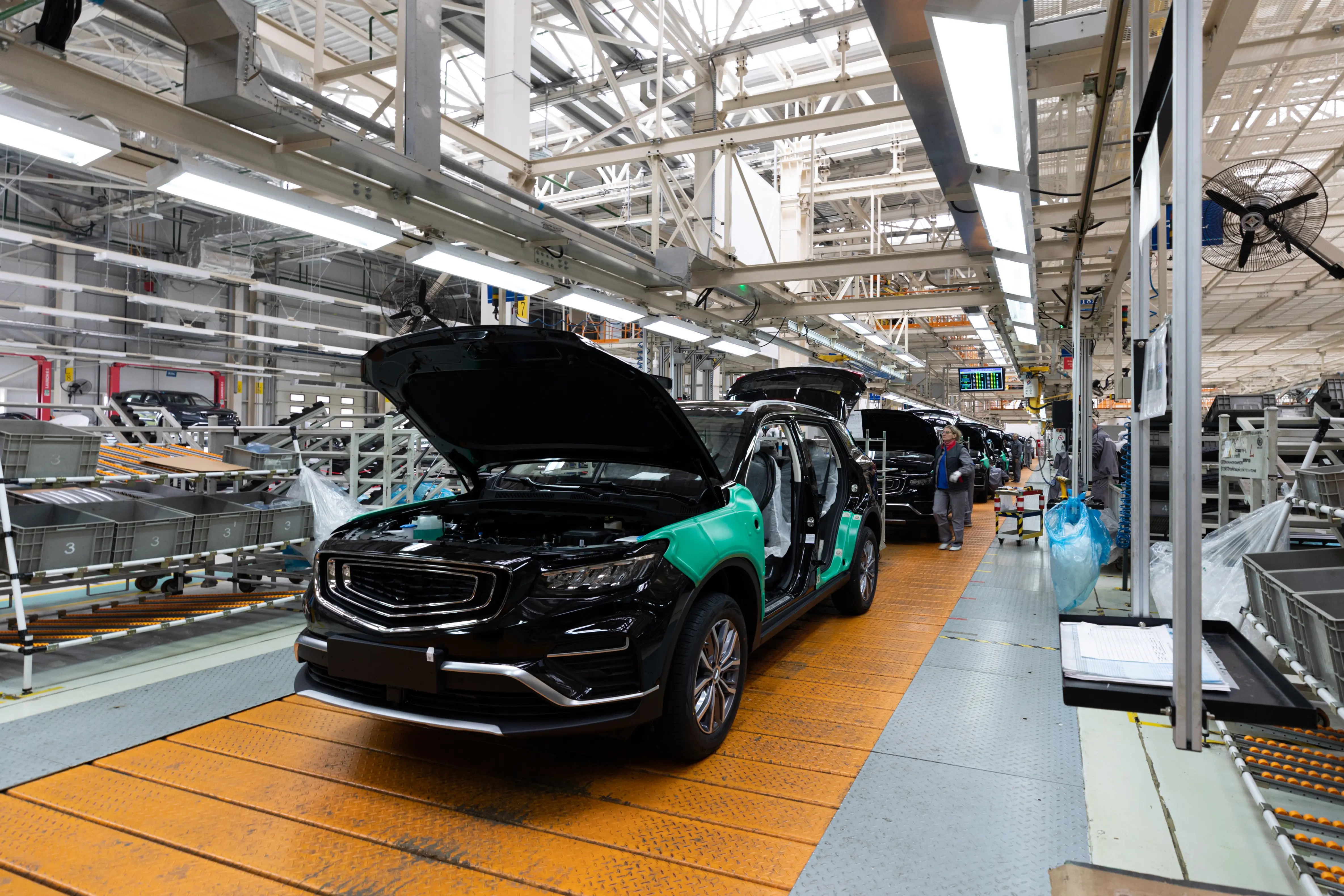
Due to the automotive industries in America, China and Europe that are constantly changing and developing rapidly, such changes are a change to enter a new market, which is the EV automotive market. On the other hand, Japanese car manufacturers have a plan to enter the EV automotive production market more slowly. As a result, Thailand, which is the main automobile production base of Japan, has been affected because it cannot adapt to the situation and changes in the rapidly changing automotive industry market.
Increasing international competition
Due to the increasing popularity of EV cars around the world, there has been an increase in international competition. As a result, many countries have begun to increase their capabilities and ability to participate in the automotive industry supply chain, especially in the production of automotive spare parts. For example, Indonesia wants to become the leader in the production of automotive spare parts in ASEAN instead of Thailand. In fact, Indonesia also has an advantage over Thailand in this respect.

This is because Indonesia has mineral resources used in battery production, making it easier and faster to adapt to becoming an EV production base than Thailand. It also has advantages in production costs and minimum wages that are several times lower than Thailand. In addition, the Indonesian government has also issued policies to promote the EV automotive industry in order to attract foreign investment and help stimulate the shift to EV cars in the country continuously, such as policies to control mineral exports to accumulate as resources for battery production and tax reductions for EV cars that use more than 40% of domestically produced car parts.

Future trends of the Thai automotive industry
In the future, Thailand may have to prepare itself for the changes that will occur in the Thai automotive industry. At present, Thailand has a production rate of automotive spare parts for export and domestic use at a ratio of approximately 50:50. Therefore, if Thai entrepreneurs and automotive spare parts manufacturing companies cannot adapt to the situation and demand of the EV automotive market, there is a chance that the proportion and production rate of automotive spare parts in Thailand will decrease by more than half, causing widespread impacts on Thai automotive spare parts manufacturers.

For auto parts manufacturers, the revenue trend of manufacturers continues to grow continuously. However, the export market is still at risk from the uncertainty of trade policies between the United States and China, as well as the competition rate of trading partners that are focusing more on EV vehicles. While Thailand still mainly exports auto parts for internal combustion engines.
However, many Chinese automotive companies are still interested in investing in Thailand continuously. This is due to the potential of producing automotive spare parts and the Thai automotive industry that has been famous and has a good reputation for a long time. Therefore, if entrepreneurs and manufacturers in the Thai automotive industry can adapt to the changes and demands of the market in time, there is still a chance that in the future, Thailand will continue to be the center for producing automotive spare parts in the region.
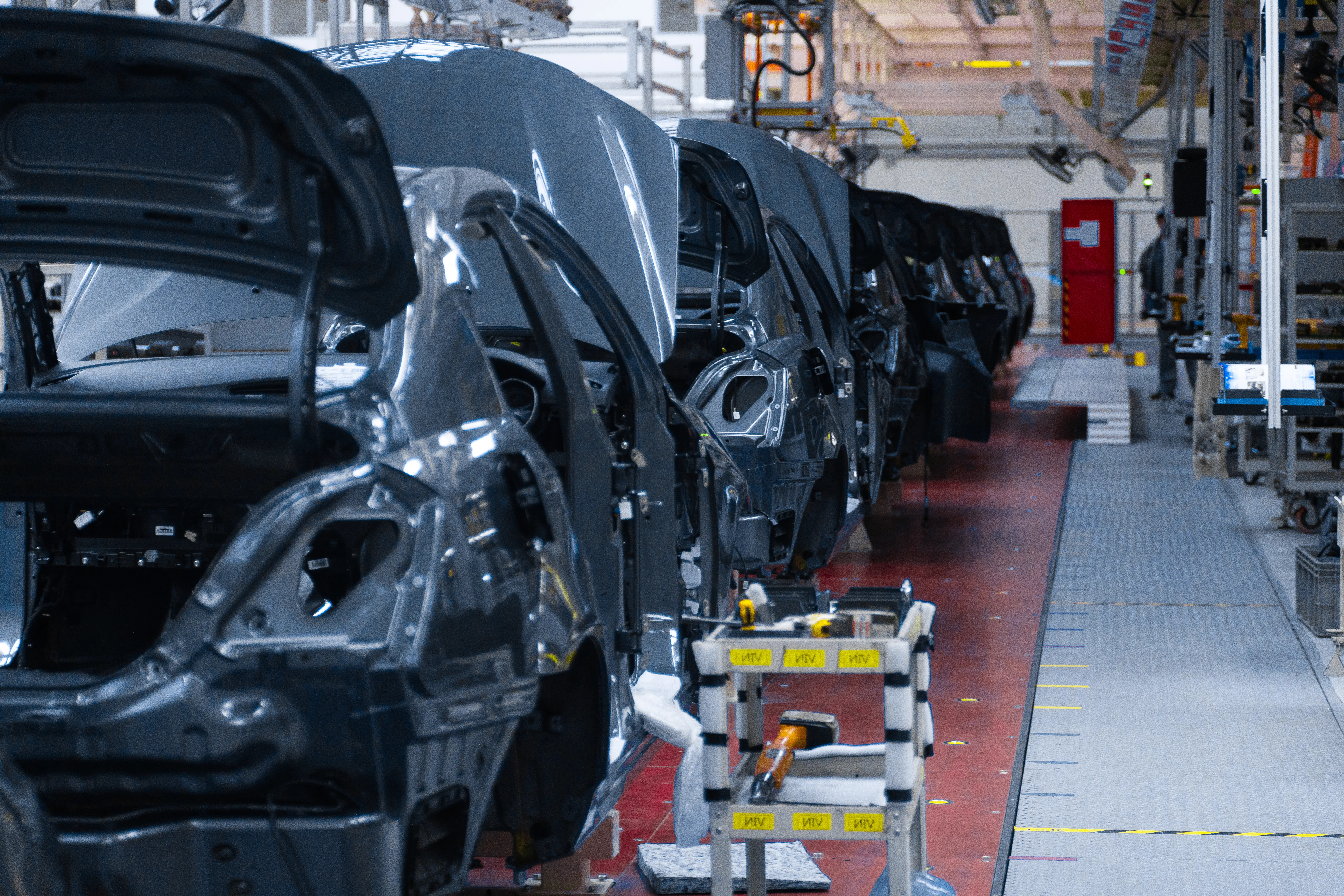
In conclusion, the trend of the Thai automotive industry is still considered to be nothing to worry about if manufacturers and those involved in the Thai automotive industry are alert or prepared to cope at all times, including studying and finding updated information regularly in order to adapt to the situation and market needs. This way, we will be able to move forward proudly, not lag behind our trading partners, and be able to maintain our status as a leading automotive production center in the future.
